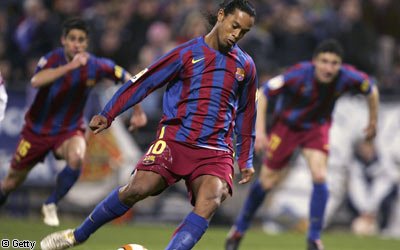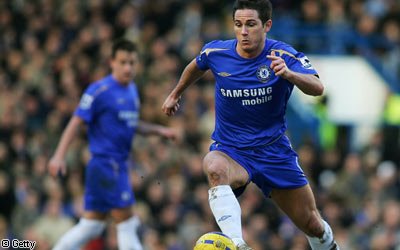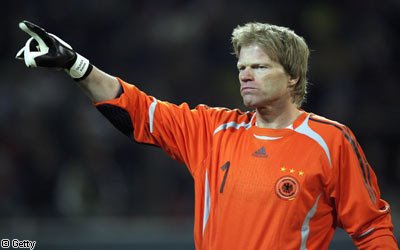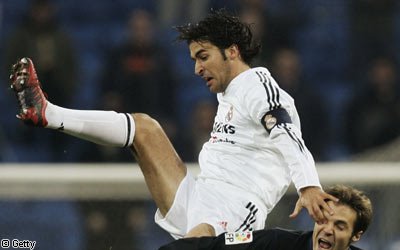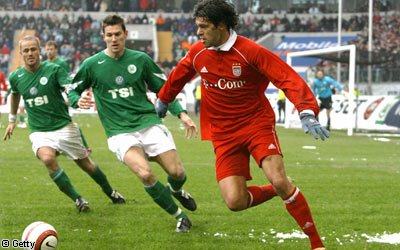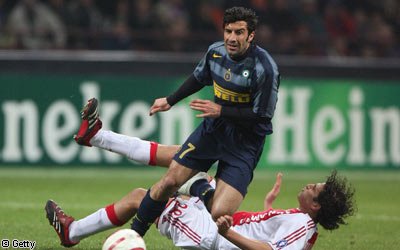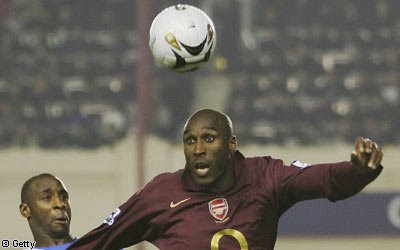** Questioning Alexander's Greatness

Alexander the Great founded the ancient city of Alexandria, still Egypt's largest seaport, in the fourth century BC. Or, so say most western history books. Ancient Egyptian texts suggest the site was settled long before Alexander arrived.
Scholars who point to those texts now have physical evidence to back up their claims. By measuring variations in lead levels in a mud core from the ancient harbor, French scientists have determined that humans likely built there 2,000 years before Alexander was born.
That doesn't mean people were there when Alexander arrived. And no one doubts that Alexandria owes much to Alexander. But the find still inspired us to go back and ask a basic question: What's so great about Alexander? Well, for starters, he won every battle he ever fought and conquered half the known world--in a dozen years. Here's why we know Alexander as "the Great."
Son of the Sun God
At the temple of Amon, Egypt's sun god, priests proclaimed Alexander the god's son on Earth. Since the Greeks worshipped Amon as Zeus, that also made Alexander the son of Zeus, and a god himself--quite an accomplishment for a Macedonian king not yet 25 years old. Still, not everyone was impressed. The orator Demosthenes said, "Let Alexander be the son of Zeus, and of Poseidon, too, if he wishes."
For Persians, Egyptians, and others who were used to seeing their kings as divine, Alexander's claim was just good government. Soon, for all their cynicism, many Greeks (and later Romans) took to worshipping Alexander, too.
Son of the Warrior King
By contrast, Alexander's father, King Philip II of Macedon, was a hearty tribal warlord, first among equals in the Macedonian aristocracy. On July 20, 356 BC, he was just as delighted by his general's victory in Illyria and his horse's victory at the Olympic Games as he was by his newborn son.
Philip built the Macedonian army into the most efficient killing machine in the world, and raised his young heir to use it. He brought Aristotle north to teach Alexander Greek philosophy, and taught the Greeks a lesson in politics by smashing their independence at the battle of Chaeronea. With Greece conquered, Philip planned to invade the Persian Empire.
Undefeated
Perhaps he planned to do so without Alexander. Philip married again in 338. At the wedding banquet, he drunkenly tried to kill his son, but slipped in a pool of wine. "There," sneered Alexander, "lies someone who would cross from Europe to Asia, but can't cross the floor between two couches."
Alexander prudently fled into exile, emerging only when a convenient assassination took Philip out of the picture in 336. He then took over where Philip left off, crushing the rebellious tribes on the border and destroying the Greek city of Thebes.
His rear secure, Alexander crossed into Asia in 334 and, after borrowing the supposed armor of Achilles from Troy, began an unbroken string of victories. He defeated the Persian army in three pitched battles, captured such invulnerable fortresses as Miletus, Tyre, and Gaza, and pacified barbarian horse-thieves and insurgent guerrillas alike. He conquered Afghanistan (in part by marrying Roxana, the daughter of the chief warlord there) and crossed the Hindu Kush into India.
The Invisible Enemy
His army, which had followed him this far, would march no farther. India was the end of the world to the Greeks, a land of monsters. Alexander, the supposed son of a god, had turned increasingly to Persian ritual and alcoholic excess during the campaigns in the east. His men no longer trusted him to lead them into the unknown, and he no longer trusted them. He purged his best general, many of his fellow officers, and even Aristotle's son, fearing plots against him.
When the general Cleitus--who had saved his life in battle--questioned his actions, a drunken Alexander speared him to death. Returning from India, Alexander executed corrupt officials and political enemies by the score, retreating afterward into monumental drinking bouts. When his friend (many say lover) Hephaestion died after one such epic debauch, Alexander ordered Hephaestion's physician crucified. He was now utterly alone.
Funeral Games
Crucifying the doctor might not have been Alexander's greatest idea. A month later, he came down with a fever himself after a drunken binge. Weakened from long campaigning, he died in 323 BC, leaving only a pregnant Roxana. His generals asked to whom he left his empire. "To the strongest," he answered, adding, "I foresee great funeral games at my death." Two centuries of warfare tore his empire apart, and fulfilled his prophecy.
Alexander's successors didn't only fight over his empire, but over his dead body. His regent mummified him in a golden coffin, decorated with the armor of Achilles. But Ptolemy, one of Alexander's most cunning generals, hijacked the funeral convoy on its way back to Macedon and installed Alexander's coffin and armor in an enormous temple and tourist trap in Alexandria. The tomb vanished in one of the many wars over the Roman Empire, but Alexander's legend lives on.
Kenneth Hite
Knowledge News
April 27, 2006
Used with permission
(c)2006 Every Learner, Inc.
All rights reserved
http://KnowledgeNews.net































